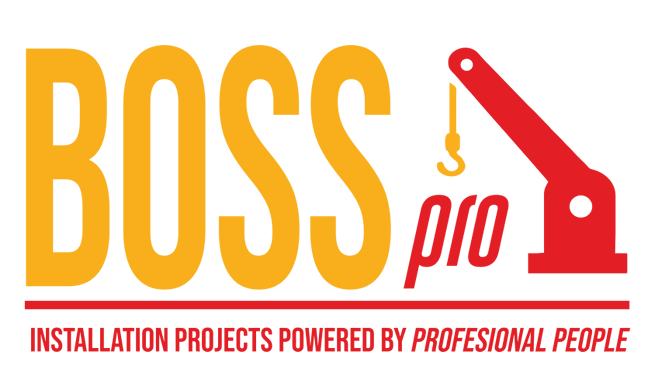Precision Talent Matching — Getting the Right People for the Right Projects
In business, success often hinges on having the right people in the right roles. Whether you’re building a new product, launching a service, or solving a complex operational challenge, the individuals driving the work matter. But matching the right talent to specific project needs is not always easy — and this is precisely where staffing services shine.
Through a targeted and strategic approach, staffing firms help businesses achieve precision in talent matching: assigning professionals whose skills, experience, and working style align exactly with the demands of each project. This tailored fit leads to better outcomes, smoother workflows, and ultimately, more successful projects.
One Size Does Not Fit All
Many companies struggle with a one-size-fits-all hiring model — hiring full-time staff based on general qualifications, then trying to adapt them to various tasks as needed. But this method often leads to inefficiencies, mismatched expectations, and underperformance.
In contrast, staffing allows companies to customize their workforce, bringing in professionals with niche expertise for specific roles and timeframes. Whether you need a UX designer for a mobile app prototype, a cybersecurity expert for a compliance project, or a data analyst for a marketing campaign — staffing makes it possible to bring in exactly the right person for the job.
Understanding Project Complexity
Projects today are more complex than ever. They often involve multiple stages, cross-functional teams, and rapidly changing technologies. With so many moving parts, having professionals who are not just competent but perfectly aligned with the task at hand can be the difference between delivering on time or falling behind.
Staffing firms work closely with their clients to understand the technical and soft skill requirements of each role. They then vet candidates accordingly, ensuring that those assigned not only have the required knowledge but also the problem-solving approach, adaptability, and communication style to succeed in that particular environment.
Better Fit, Better Performance
When someone is placed in a role that matches their expertise, they’re more likely to be engaged, confident, and productive. This alignment between skills and responsibilities boosts performance across the board.
In addition, teams with well-matched talent often experience less friction, faster decision-making, and a more collaborative environment. Precision in staffing doesn’t just benefit individuals — it lifts the effectiveness of the entire team.
Lower Turnover, Higher Satisfaction
Misalignment between a role and a professional’s capabilities or interests often leads to dissatisfaction, low motivation, and eventually turnover. By placing people in roles where they can truly thrive, staffing reduces these risks.
For companies, this means less disruption, fewer re-hires, and a more stable workforce. For professionals, it leads to more fulfilling experiences, greater opportunities to showcase their strengths, and stronger career development.
Staffing as Strategic Workforce Design
Think of staffing not just as a solution for filling gaps, but as a tool for intentional workforce design. By curating your teams based on the specific requirements of each project, you gain the ability to build agile, high-performing units that can execute with precision and deliver measurable results.



